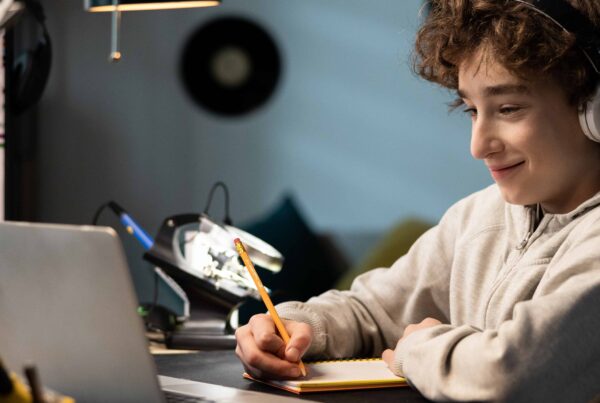Parenting an older child can be difficult when they want to stay up late and struggle to wake up.
Adolescence changes the sleep-wake cycle causing delayed production of the sleep hormone melatonin. Taking longer to fall asleep and the need to get up early to meet daytime commitments such as school means drowsiness, irritability and poor concentration. It can also cause your tween / teen to feel anxious, stressed and even depressed.
Tips for a Better Sleep
Teens Need More Sleep Than an Adult
Studies show when parents set a bedtime, more sleep occurs. The sleep space should consist of minimal light, low noise, and a temperature set between 17 – 21 degrees Celsius to help initiate faster sleep, therefore avoiding sleep debt (which will need to be made up for in the future!). Overall, cooler temperatures are required for sleep initiation.
Stimulants Are Best Avoided
Make sure to have no spicy or fatty foods late in the evening. Give caffeine, smoking and alcohol a miss when leading up to sleep time too. Of course, your teen shouldn’t be having these anyway, however it’s a good habit for us to keep in mind too.
Passive Versus Active
Screens / using social media before bed can lead to an overactive mind, making it more difficult to fall asleep. However, passive actions like reading a good book can be helpful.
Sensory Disengagement
Once in bed, sensory disengagement for the mind can be achieved with an eye cover headband playing repetitive calming music. We recommend Nigh’ Nigh’ for adults. Physical restlessness can be helped with the use of a weighted blanket to settle tossing and turning that comes with insomnia. Relaxation and calm are essential for a better night’s sleep.





